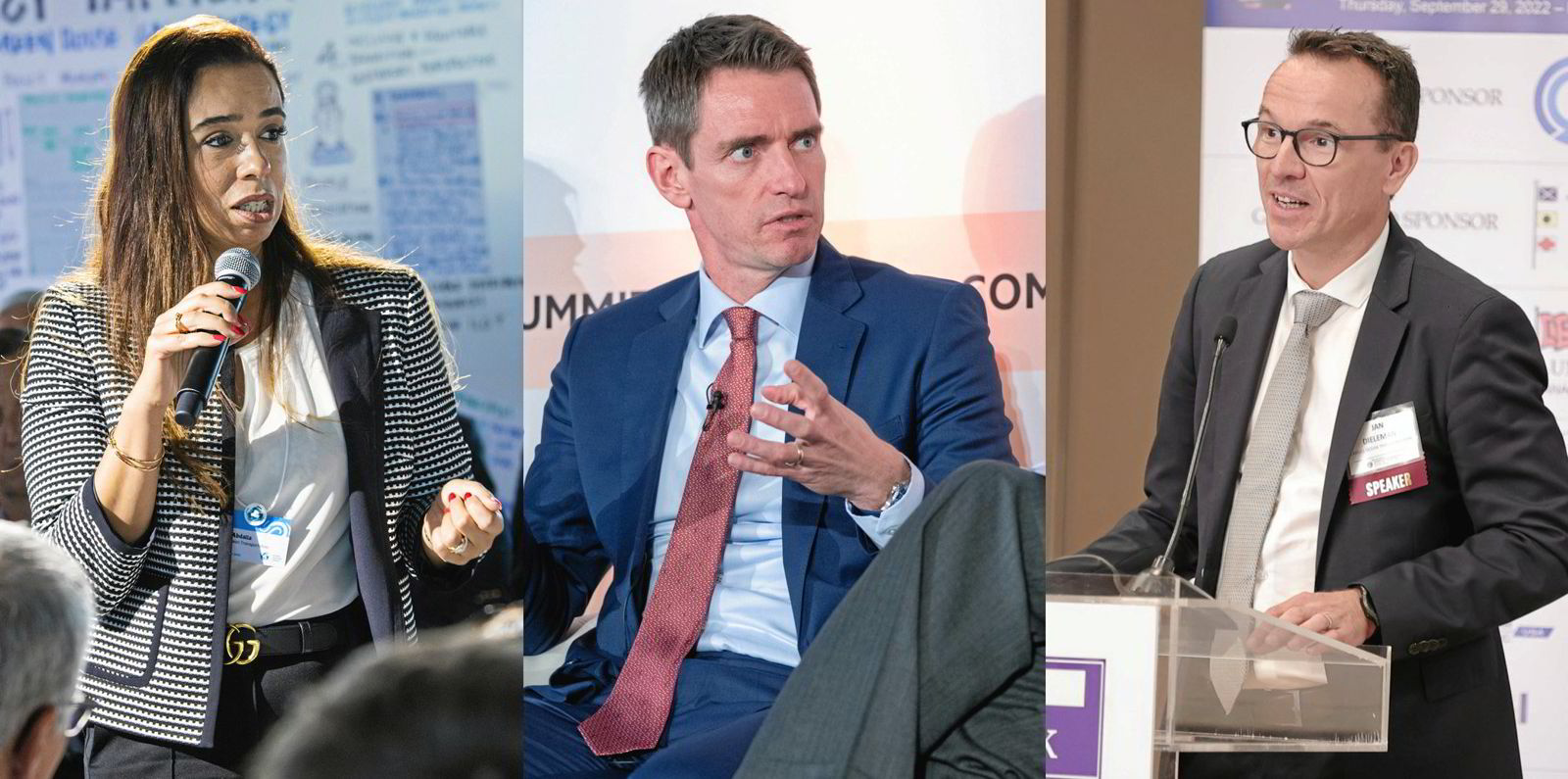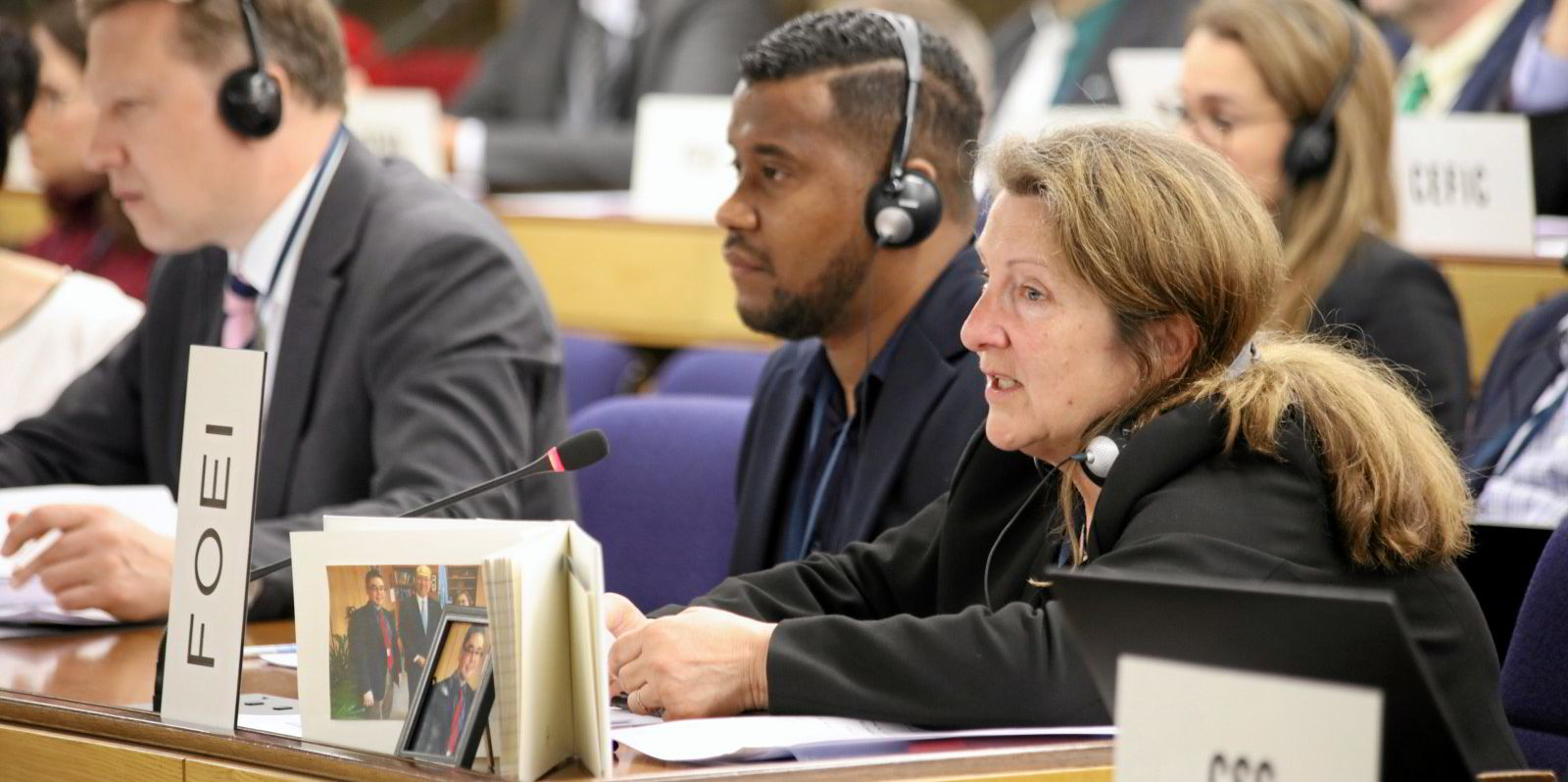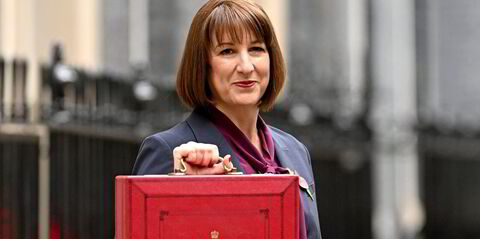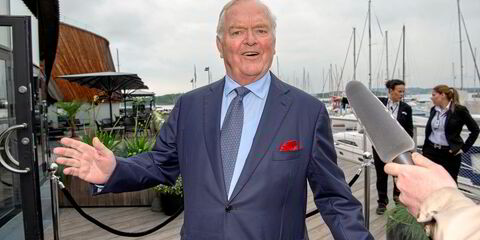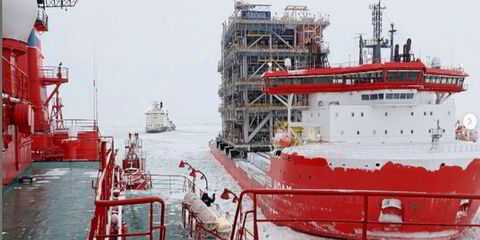The Sea Cargo Charter, an initiative to measure shipping emissions against decarbonisation benchmarks, has revised its reporting framework to follow International Maritime Organization targets.
And the Global Maritime Forum-backed effort expanded to invite shipowners to join the effort that has until now focused on charterers and commercial operators.
But the revisions stopped short of measuring shipping emissions against a trajectory that lines up with the Paris Agreement’s goal of halting global warming at 1.5C above pre-industrial levels.
The new Sea Cargo Charter benchmarks focus on the IMO’s new greenhouse gas strategy adopted in July, which aims for net-zero greenhouse gas emissions in about 2050, as well as “indicative checkpoints” at the end of this decade and the next.
“The IMO’s evolving ambition is propelling the industry closer to a 1.5C future,” the group said in a statement announcing its trajectory.
“Building on past efforts, signatories will continue to evaluate the necessity of an additional trajectory for consistent climate alignment reporting with a 1.5C future.”
Global Maritime Forum spokeswoman Molly Hannon told TradeWinds that, with the IMO targets closer to a 1.5C trajectory, the Sea Cargo Charter plans to move step-by-step and take stock of reporting under the new benchmarks.
“This is already a big step,” she said, adding that the Sea Cargo Charter will see next year whether there is alignment among signatories to move toward 1.5C-aligned benchmarks.
The Sea Cargo Charter, which has Trafigura head of fuel decarbonisation Rasmus Bach Nielsen as its chairman, currently has 37 signatories that represent an estimated 17% of bulk cargo trades. Major commodities companies including Shell, Cargill, Chevron, Equinor and ADM are among its members.
Some of the operators that have already committed to the charter — such as Eagle Bulk Shipping and Stolt Tankers — are also vessel owners. But the changes provide a “robust and standardised methodology and framework” for reporting emissions from shipowning activities.
“The Sea Cargo Charter aligns shipping emissions reporting with the new IMO ambition and expands its scope, allowing all shipowners to report under the same framework if they so wish—further demonstrating the charter’s proactive stance in fostering transparency and sustainability across the maritime industry,” Nielsen said in a statement.
The Sea Cargo Charter said that broadening its scope to shipowning in 2024 is part of its objective to increase emissions transparency across the shipping ecosystem.
Eman Abdalla, global operations and supply chain director at Cargill Ocean Transportation, said that adopting the IMO’s greenhouse gas strategy and inviting shipowners into the fold are “critical milestones” for the initiative.
“By increasing accessibility, improving the quality of data and encouraging the collaboration between charterers and shipowners, we expect a knock-on effect of pushing standards for monitoring emissions and facilitating well-informed decision-making,” said Abdalla, who is vice chair of the Sea Cargo Charter.
Read more
- Green Power: Michael Webber says ‘ESG has taken on a life of its own, in productive and counter-productive ways’
- Green Power: John Maggs is a voice for ambitious action at IMO
- Green Advocates: Voices for transition grow, but more are needed
- Green Power: Ingrid Irigoyen brings cargo owners and operators together for zero-emission shipping
- Green Power: Danielle Southcott on ‘promoting a shift in a business model and energy approach’
